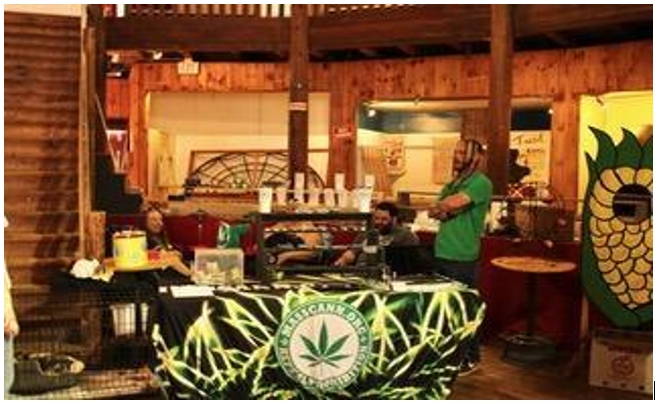I’m already tired of sifting through the apps on the homepage of my phone; Instagram, Facebook, Tik Tok (in that exact order). What else am I supposed to do when the governor of Connecticut tells me leaving the house will endanger the public? Even if I did go out, hardly anything in town remains open and, unless chatting with friends at the hardware store is fulfilling, I’m forced to occupy myself at home.
For what feels like the hundredth time today I open Instagram and see something I really don’t like: a meme poking fun at the coronavirus. Let me clarify though, it’s not a meme that is making fun of quarantine or this situation that the virus has created, but rather a post that undermines the severity of the virus as if it’s really just like the flu. I’m not one to hate simply for the sake of it, but right now feels like the time, if such a time exists, when this pandemic needs to be taken seriously. Unlike Vegas, what happens on social media does not stay there and, like the coronavirus, it spreads rapidly.
People share content on social media because they want to feel a sense of “belonging and community” according to Psychology professor Stephanie Tobin from the University of Queensland. Lately, people have been sharing content that pokes fun at the virus and the mass hysteria that surrounds it because that seems to be the norm. It becomes this cycle of “I’ll post because you’re posting.” Normally this wouldn’t cause trouble, say if you and your friends are posting photos from your vacation. But, the type of content that is being shared now has palpable, negative effects and the more it circulates, the more we lose sight of how serious this virus is.
The guy from Kentucky who threw a coronavirus party, who later got coronavirus, and Twitter trends like #BoomerRemover are prime examples of people making fun of a serious, worldwide issue. It’s accepted that for many, humor is a coping mechanism and especially during troubling times like these, a lot of coping is required to accept the matching rise in death toll and unemployment rate in the US. This virus is getting bad and according to both the CDC and Dr. Anthony Fauci of the White House coronavirus task force, it’s only going to get worse in the coming weeks.
So what do we do? How do we stop this? There’s only so much you, as an individual, can do to stop this. The overall goal is to flatten the curve and reduce the number of immediate cases. For individuals this means staying at home and keeping to your own devices. Speaking of those “devices,” it also means watching what you post on social media. As a free country with a free press and free speech, no one who can limit you from saying just about anything you want. With that freedom, there is power in reaching out to thousands of people with a single tweet or meme; so why make it a negative one?
Another study from researchers at the University of California, San Diego noted that on rainy days a large number of “negative posts” were shared across the country. In turn, these negative posts cued an additional 1.29 negative posts as a byproduct of the ones they saw before. In other words, “What people feel and say in one place may spread to many parts of the globe on the very same day.” In contrast to the negative posts, the study also finds that “positive posts” cue an additional 1.75 positive posts. So, while misery loves company, apparently happiness does too. The type of “relatable content” we post on social media right now is likely going to be shared by many who are living in a similar situation with the same feelings of boredom and uncertainty, so it’s up to us to create the mood.
At the end of the day, memes and jokes are meant to be funny, relatable and ever so cynical; they came before us and will likely be here after us. We’re living in a time that asks everyday citizens like me and you to comply and take this seriously, let’s listen. A global coronavirus pandemic is an unprecedented event that will go down in textbooks for disrupting the entire world, economically, socially and politically. As silly as it may sound, “jokes” go a long way, so next time you decide to share that meme or retell that joke, ask yourself: Who am I affecting?
Maxwell Schwartz is a Collegian columnist and can be reached at [email protected] and followed on twitter @maxwschwartz.




















